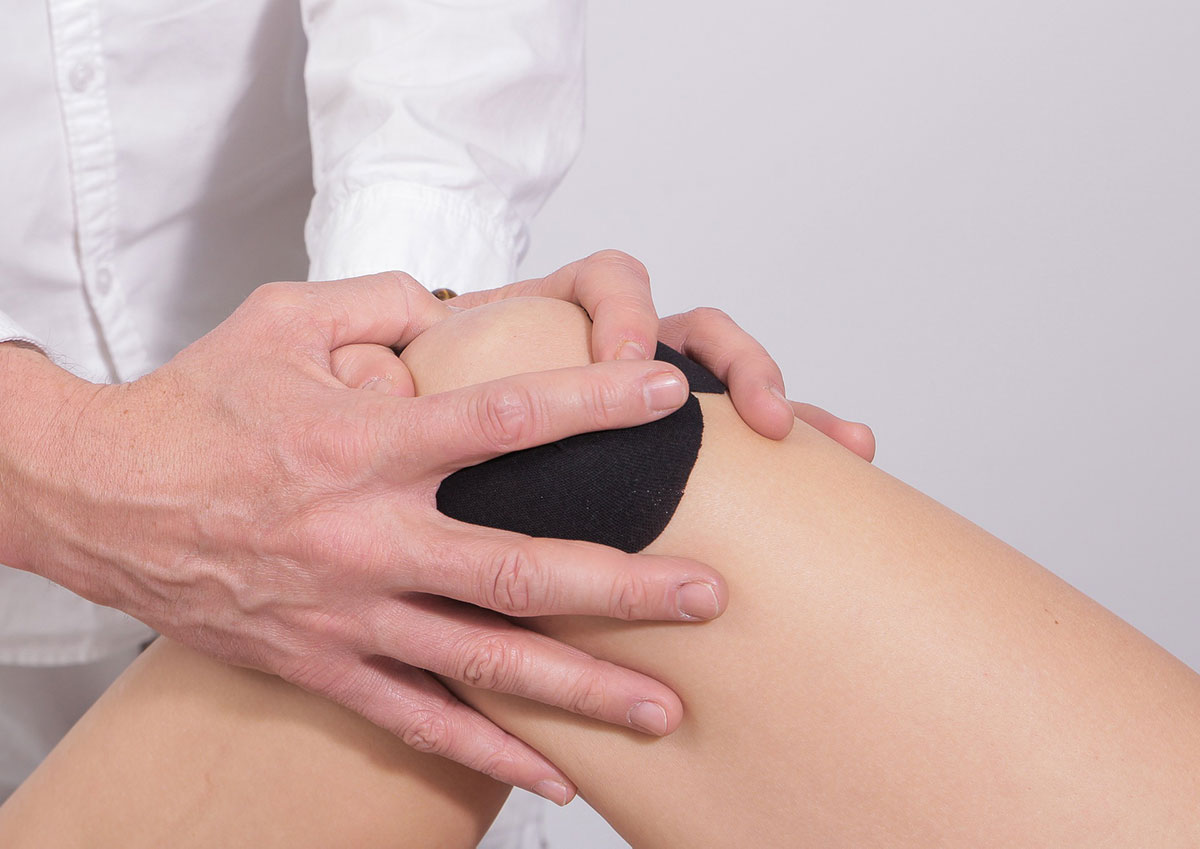Knee pain is a common issue that affects people of all ages, from athletes to the elderly. While minor aches can be treated with rest and over-the-counter remedies, some knee problems require the expertise of an orthopedist. A knee orthopedist is a specialist who diagnoses and treats conditions affecting the knee joint, helping patients regain mobility and alleviate pain. But how do you know when it’s time to seek professional help? In this blog post, we will explore the key signs and symptoms that indicate it may be time to visit a knee orthopedist.
1. Persistent Knee Pain That Won’t Go Away
If you’ve been experiencing knee pain that lasts for more than a few days or weeks despite rest, ice, and over-the-counter pain medications, it’s a clear sign that something more serious might be happening and it is important not delaying a knee replacement surgery if necessary. Persistent pain could be due to several underlying conditions such as:
- Osteoarthritis: The gradual wear and tear of the cartilage in the knee joint.
- Tendonitis: Inflammation of the tendons surrounding the knee.
- Meniscus tear: Damage to the cartilage that cushions the knee joint.
Knee orthopedists can diagnose these conditions through physical examinations, imaging tests, and other diagnostic tools, providing you with an appropriate treatment plan.
2. Swelling and Stiffness
Swelling around the knee joint is another indicator that something is wrong. Occasional swelling after strenuous activity is normal, but if your knee is consistently swollen, stiff, or difficult to move, it’s time to see an orthopedist. Swelling can be a sign of fluid buildup, joint inflammation, or a more severe injury like a ligament tear or fracture.
Common causes of knee swelling include:
- Bursitis: Inflammation of the fluid-filled sacs around the knee.
- Injury to ligaments or tendons: Such as an ACL (anterior cruciate ligament) tear.
3. Difficulty Walking or Bearing Weight
If you’re finding it hard to walk, put weight on your knee, or if you’re feeling a sensation of instability, it’s important to consult an orthopedist. Difficulty in bearing weight can signal a structural issue within the knee, such as a ligament injury, meniscus tear, or a fracture.
Knee instability should not be ignored, as continued stress on a compromised knee joint can lead to more severe damage, making surgical intervention a possibility if left untreated.
4. Knee Deformity
Any visible deformity in your knee joint—such as the knee appearing misshapen or misaligned—should be assessed immediately by an orthopedist. This could be a sign of a dislocated kneecap, fractures, or advanced osteoarthritis, all of which require expert attention to correct.
5. Limited Range of Motion
Has your knee been feeling stiff, or do you find it difficult to fully extend or bend it? If so, this could indicate an underlying issue with your knee’s joint function. Loss of range of motion is commonly associated with:
- Meniscal tears: When the cartilage that cushions your knee is damaged.
- Arthritis: Either osteoarthritis or rheumatoid arthritis can restrict knee movement.
- Scar tissue: From previous injuries that limit joint flexibility.
A knee orthopedist can help you regain full mobility through targeted treatments or physical therapy.

6. Knee Pain After an Injury
Knee injuries can happen during physical activity, sports, or even everyday tasks like walking or bending. If you experience sharp pain following a fall, awkward movement, or direct impact to the knee, it’s essential to see an orthopedist. Injuries such as ligament tears (like the ACL or MCL), fractures, or dislocations can worsen over time without appropriate treatment.
7. Clicking or Popping Sounds
If you hear a popping, grinding, or clicking sound when you move your knee, it may be a sign of a cartilage injury or ligament tear. Sometimes, these sounds can be harmless, but if they are accompanied by pain, swelling, or reduced function, you should consult an orthopedist for a thorough evaluation.
Common conditions linked to knee sounds include:
- Meniscus tears: Cartilage tears that cause a popping sensation.
- Patellofemoral pain syndrome: Also known as “runner’s knee,” this condition causes grinding or popping when bending the knee.
8. History of Knee Problems or Surgery
If you have a history of knee problems, past injuries, or previous knee surgeries, it’s essential to monitor the health of your knee joint. Even if you feel fine now, recurring issues can develop later due to weakened ligaments, scar tissue, or degeneration of the joint.
Regular check-ups with a knee orthopedist can help prevent further complications and ensure that any underlying issues are managed before they worsen.
9. Signs of Infection
In rare cases, knee pain and swelling can be the result of an infection, especially if you’ve recently had surgery or an injury. Signs of infection in the knee include:
- Redness and warmth around the joint
- Fever
- Pus or unusual fluid drainage
If you suspect an infection, it’s crucial to seek medical attention right away. Infections can cause long-term damage to the knee joint and may require urgent intervention to prevent complications.
10. Pain Interfering with Daily Life
If knee pain is affecting your quality of life—whether it’s making it difficult to work, exercise, or perform routine tasks—seeing a knee orthopedist is important. Chronic knee pain that interrupts sleep, causes emotional distress, or limits your mobility should not be ignored. Orthopedists can provide solutions that improve your knee function, reduce pain, and enhance your overall well-being.
Conclusion: When to Seek Help from a Knee Orthopedist
Knowing when to visit a knee orthopedist is crucial for maintaining your long-term joint health. Persistent pain, swelling, instability, and reduced range of motion are all red flags that should be evaluated by a specialist. Whether you’ve experienced a recent injury or have been dealing with knee problems for years, a knee orthopedist can offer both surgical and non-surgical treatment options to help you get back on your feet.




